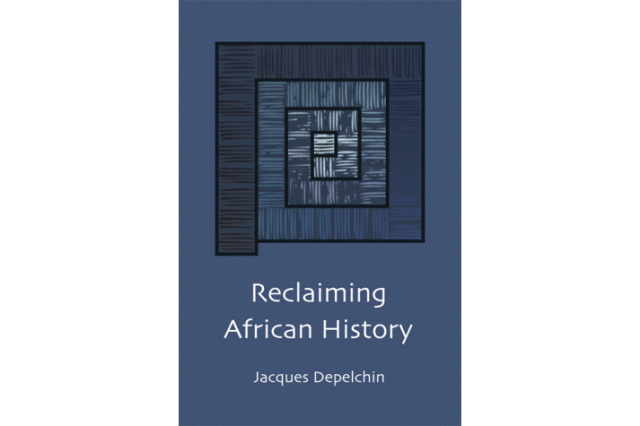The Polavaram dam on the Godavari could displace 400,000 people and submerge nearly 4,000 hectares of forestland. Most of the people threatened to be displaced cannot be relocated until their rights over forestland are recognised under the Forest Rights Act. How did the Andhra Pradesh government (…)



